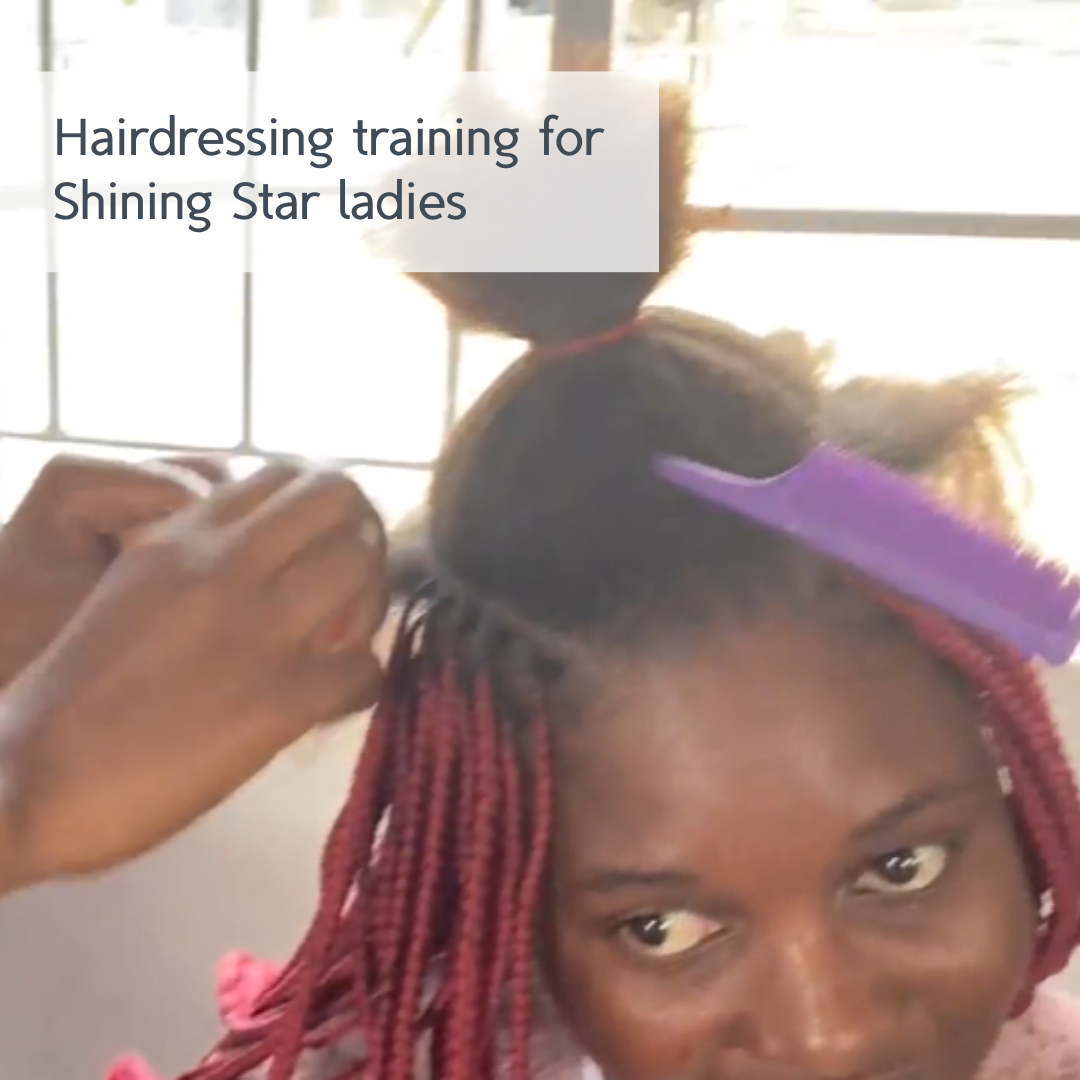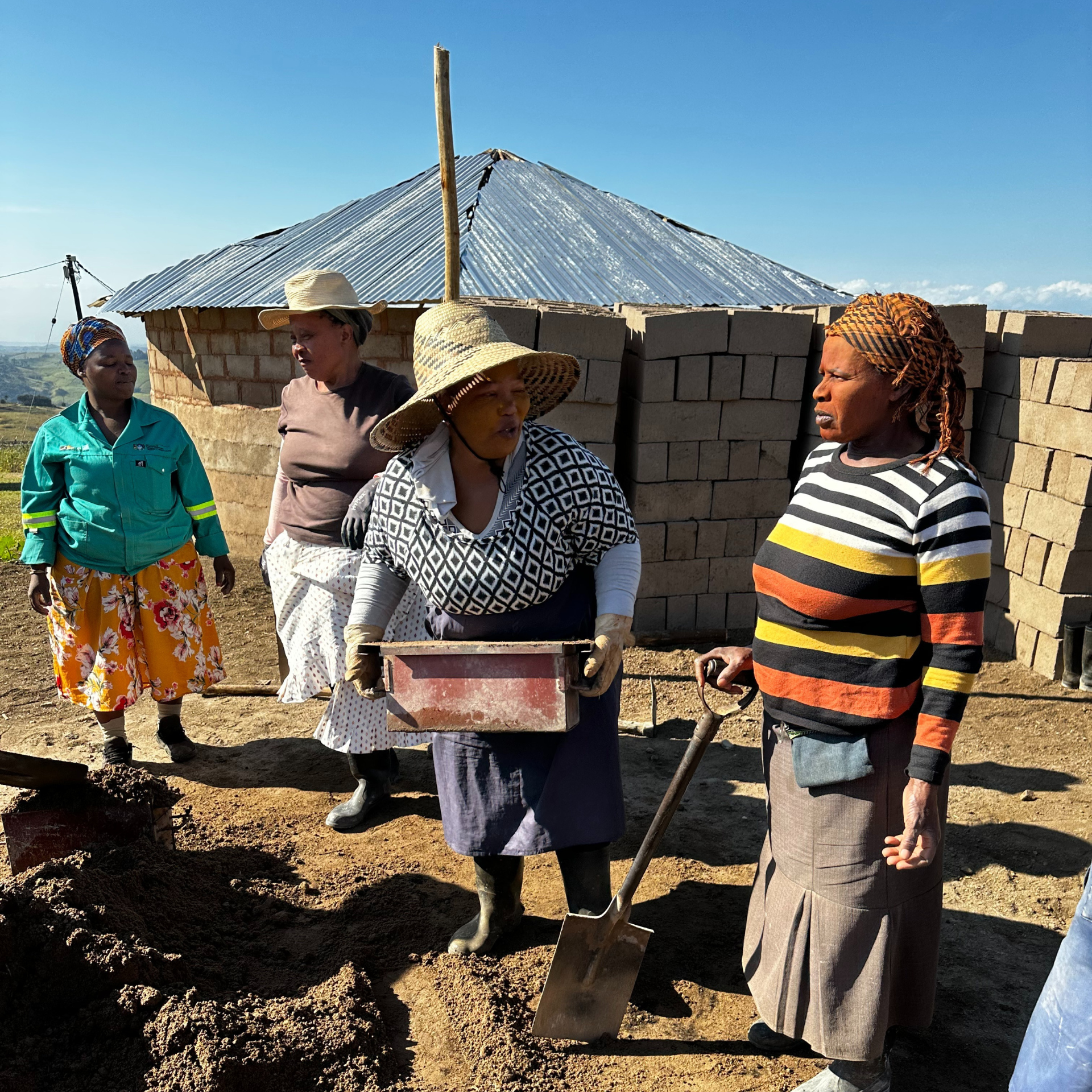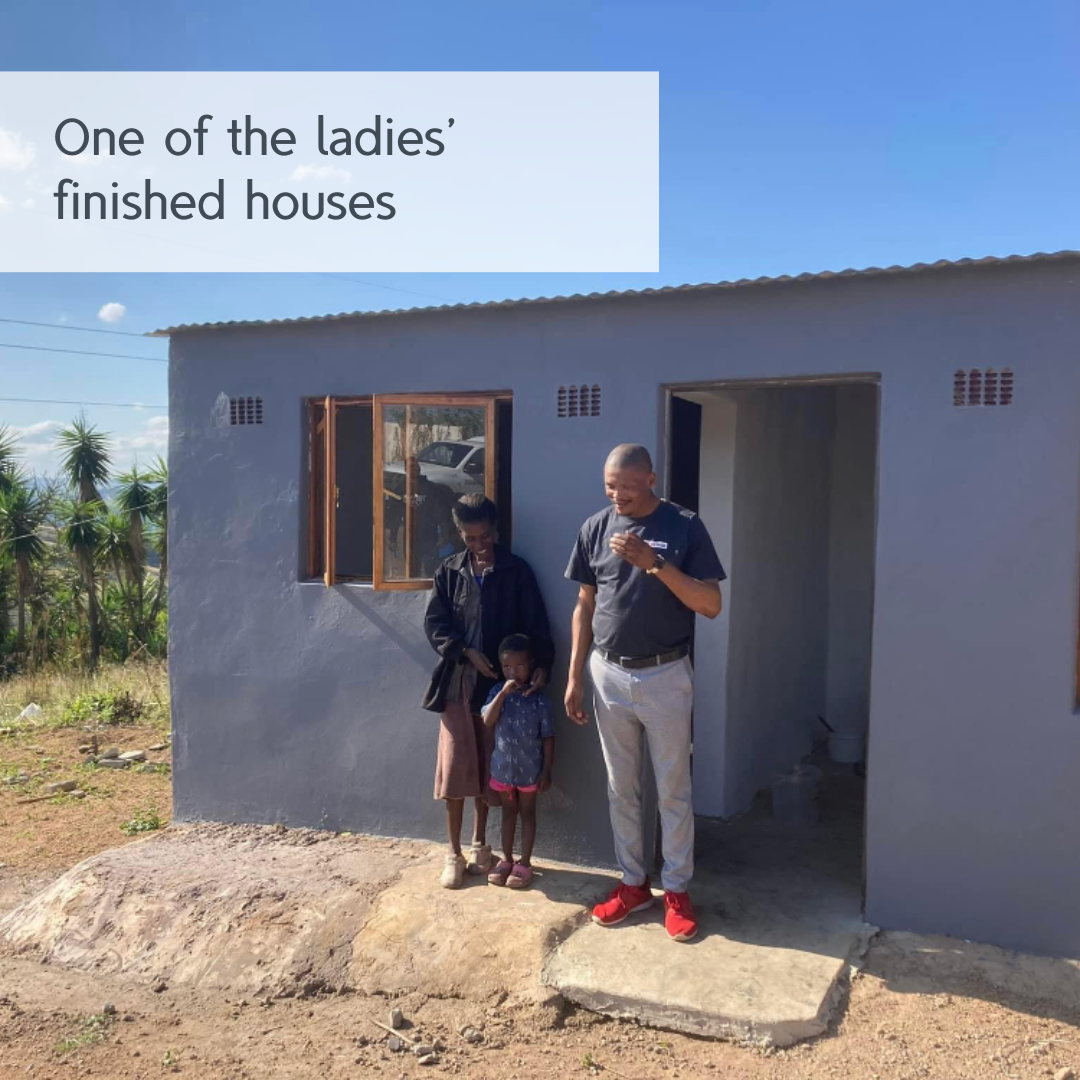This World AIDS Day, we are celebrating the communities that are at the centre of our HIV preventative and care work in Nigeria, Zimbabwe, and South Africa.
At acet UK, we believe that communities should not simply be seen as the recipients of interventions. They should and do, play a pivotal role in reducing HIV transmission and are active agents of change.
ACET Nigeria works in underserved regions of north-central Nigeria including Benue State which has a high HIV prevalence rate of 4.9% (National Institutes of Health, 2023).
A key part of their work is consulting with communities to assess the needs and then training community members, predominantly through the Church, to share life-saving health information throughout the community. This approach empowers the community to address the HIV pandemic in a way that is culturally appropriate and tackles the key drivers of HIV in their own context.
Our partner, the Nehemiah Project in Zimbabwe, has been running their acclaimed Shining Star Project since 2006.
Having already delivered HIV prevention projects in the general population, the Nehemiah Project recognised the need to support girls and women in sex work in particular as HIV rates are much higher in this key population. As well as equipping the girls and women with vocational/business skills and business grants so that they can become financially independent without the need to sell sex, the Shining Star Project has a successful model of peer education.
The girls and women are invited to train as peer educators to enable them to spread vital sexual and reproductive health information to other girls and women, as well as provide referrals for HIV and STI testing and cervical cancer screening.

The peer educators understand the specific needs and challenges of other girls and women in sex work and are able to speak to them in their homes in a relatable way that is truly empathetic and understanding of their situation.
At the end of the year. the peer educators suggest other ladies to join the program for the following year, having seen the benefit it has had in their own lives. Many of the peer educators stay on with the project to become trainers in the skills they have learnt, developing their leadership and mentoring abilities, and contributing to the ongoing success of the project.
In South Africa, our partner Crossroads is working with women in the highest HIV prevalence province, Kwa-Zulu Natal, which experienced devastating floods in April 2022.
The community is still reeling from the impact of the destruction, but 21 HIV positive ladies, whose houses have been damaged beyond repair, came up with an entrepreneurial plan to support themselves and each other.
These inspiring ladies are being supported by Crossroads to rebuild their houses together by learning how to make concrete blocks. Once their new houses have been built, they will continue to make the blocks, which they will then sell to others, providing themselves with an ongoing sustainable source of income.
As well as being role models in their community, by passing on these skills to young girls, these ladies are also leading the way in changing mindsets that limit what women can do - erasing cultural gender norms that would position them as homemakers rather than house builders!

This World AIDS Day, we want to amplify the voices of communities and highlight their ability to drive positive change in their local HIV landscapes. By letting communities lead, we empower those most impacted to make a vital contribution to the global response to HIV and AIDS.

Written by Fundraising Manager, Sarah
